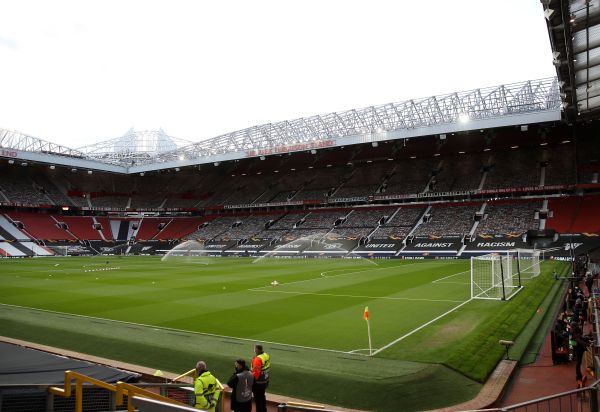England’s so-called ‘big six’ are threatening to break away to form a European Super League.
Here we look at the situation.
What has happened?

It was claimed this past Sunday that up to 12 of Europe’s biggest clubs had signed up to the new proposal, which would involve them forming their own competition to rival the Champions League. The news sent shockwaves throughout the sport and was confirmed that evening, with Arsenal, Chelsea, Liverpool, Manchester United, Manchester City and Tottenham confirmed among the founding clubs. AC Milan, Atletico Madrid, Barcelona, Inter Milan, Juventus and Real Madrid have joined them, with a further three clubs expected to follow suit ahead of the inaugural season. A statement says the competition will ‘commence as soon as practicable’.
Rumours of breakaway European leagues are not new. Why has this one emerged now?

The timing is interesting because on Monday Uefa was due to confirm changes to the format of the Champions League. The changes were drawn up largely to appease clubs who wanted a guarantee of more fixtures and – most controversially – more certainty they would be involved in the lucrative competition in the first place. This latest threat would seem to be a direct challenge to Uefa, which has tried to balance the interests of all clubs and leagues in its changes.
What are the Champions League changes?
- 36-team group stage
- 10 group-stage fixtures per team
- One league replacing eight groups
- Fixtures based on ‘Swiss model’ seeding system
They principally concern the group stage and the qualification process. The group stage is to be expanded from 32 teams to 36 from 2024, with all teams competing in one league rather than the current format of eight groups. All teams would play 10 fixtures (an increase on the present six) with opponents determined by a seeding system based on what is known as the ‘Swiss model’. The top-eight teams would qualify automatically for the knockout stages, with those ranked ninth to 24th playing off for the final eight spots.
The four extra places would be awarded as follows – one extra spot to the country ranked fifth in the Uefa co-efficient, currently France, the domestic champions with the best historical team co-efficient who do not qualify automatically for the group phase, and most controversially the two teams with the best historical co-efficient who have not qualified for the Champions League via domestic performance, but have done enough to qualify for the Europa League or the new Europa Conference League.
Match days would be spread across Tuesday, Wednesday and Thursday evenings to maximise broadcast income. The proposals were approved by Uefa’s club competitions committee on Friday and expected to be rubber-stamped by the executive committee on Monday.
How would clubs benefit from this new Super League?

Principally by being guaranteed entry – and the revenue that goes with it – each year. Even with the proposed changes to the Champions League, there remains a possibility teams could fail to qualify. This would eliminate that risk. The agreement to establish the new midweek competition governed by the founding clubs will feature the 15 founding clubs and a qualifying mechanism for a further five teams to qualify annually based on achievements in the prior season.
One of almost universal condemnation from governing bodies and leagues, who view it as a blatant power grab and have pointed out clubs and players could be banned for participating in unsanctioned competitions. The Premier League described it as ‘deeply damaging’ and urged clubs involved to ‘walk away immediately before irreparable damage is done’. The Football Association echoed those sentiments and added it would ‘take any legal and/or regulatory action necessary to protect the broader interests of the English game’. A further joint statement from those organisations, in conjunction with Uefa and the leagues and national associations of Spain and Italy, said it was a ‘cynical project’ that was ‘founded on the self-interest of a few clubs’. It added: ‘This persistent self-interest of a few has been going on for too long. Enough is enough.’





